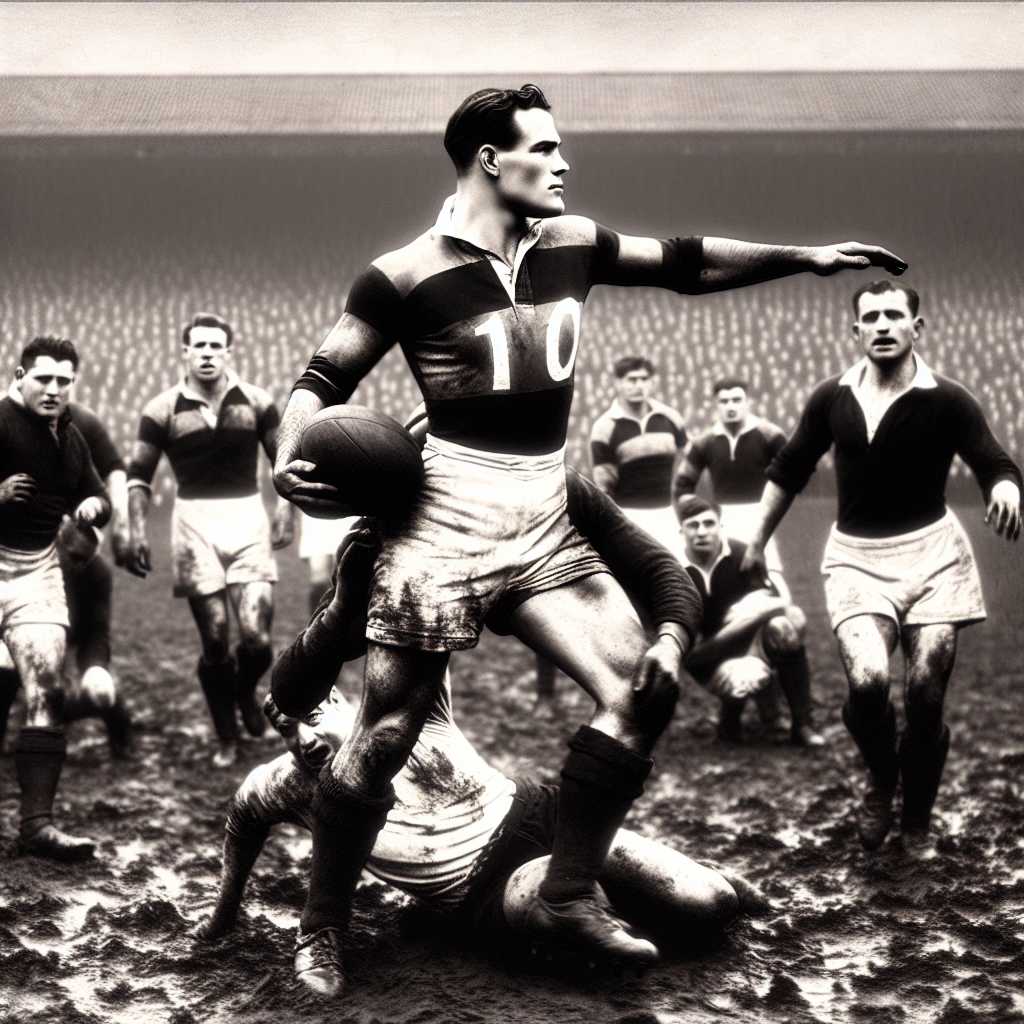The Life and Legacy of Barry John: The Iconic Welsh Rugby Union Fly-Half
Barry John, a name synonymous with rugby union brilliance in the 20th century, remains one of the most iconic figures in the sport’s history. His contributions to Welsh and British Lions rugby during the 1960s and 1970s are legendary. Regarded as “The King” by fans, his ability to control the game, combined with a rare mix of grace and strategic vision, set him a class apart. This article aims to delve into the life, career, achievements, and lasting influence of this remarkable player who has left an indelible mark on the sport of rugby.
Early Life and Introduction to Rugby Union
Barry John was born on January 6, 1945, in Cefneithin, Carmarthenshire, Wales. From a young age, John showed great potential in sports. His rugby talent was evident as he attended Gwendraeth Grammar School and quickly progressed through various levels of amateur rugby. John’s playing style started gaining recognition from early on due to his intelligent game sense and innate skill as a fly-half.
Rising Through the Ranks: Club Career
His club career began with Llanelli RFC before moving to Cardiff RFC. During his years at Cardiff RFC, John honed his skills to such a degree that he became a cornerstone for both his club side and eventually the Welsh national team. His ability to orchestrate the play on the field and his calmness under pressure made him a standout player in domestic competitions.
International Acclaim with Wales
Barry John’s debut for the Wales national side came in 1966 against Australia, heralding the arrival of one of Wales’ greatest sporting talents. Throughout his international career, John amassed great success with the Welsh side, helping to lead Wales to its first Five Nations Grand Slam victory in 1971 since 1952. His partnership with Gareth Edwards, another Welsh legend, was particularly instrumental in carving out a golden era for Welsh rugby during this time.
Triumphs with the British Lions
Perhaps Barry John is best known for his role in the British Lions (now known as British & Irish Lions). His performances on tours were magical—none more so than the 1971 New Zealand tour. Known for his exceptional displays of skill and composure, John starred as the Lions secured a series win for only the second time ever against the All Blacks. His dominance on this tour enshrined him in British Lions’ folklore forever.
The Surprise Retirement and Legacy
At what many considered to be at the peak of his powers, Barry John took the sporting world by surprise by retiring from rugby entirely at just 27 years of age. His decision was influenced largely by the mounting pressure and fame that came with his sporting success.
Even though his international playing career was relatively brief, John’s influence on the sport was profound. He is often accredited with setting new standards for the fly-half position, displaying incredible vision and tactical understanding of rugby that has guided those succeeding him in the position.
Beyond Rugby: Media Career and Public Life
Upon retiring from sports, Barry John made successful transitions into other fields including journalism and media punditry. He has written for various publications over the years and remained involved with rugby through opinion pieces and commentary.
Notes
Image description: A vintage photograph depicts Barry John elegantly sidestepping an opponent on a packed mud-sodden rugby field, wearing his iconic number ten Welsh jersey – an epitome of rugby artistry from a time where beauty met brawn on the pitch against an almost monochrome backdrop.

